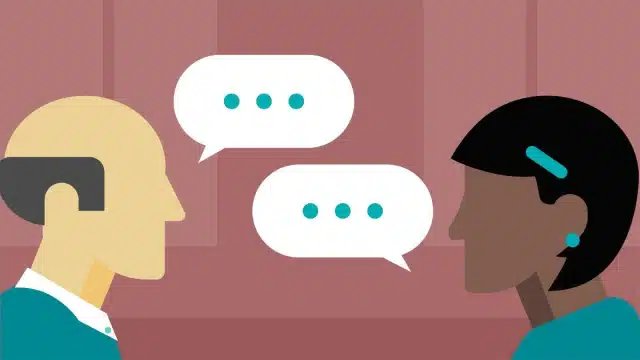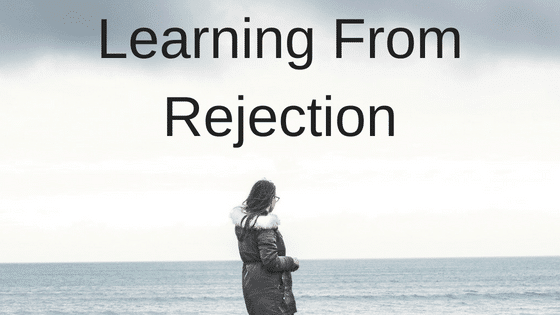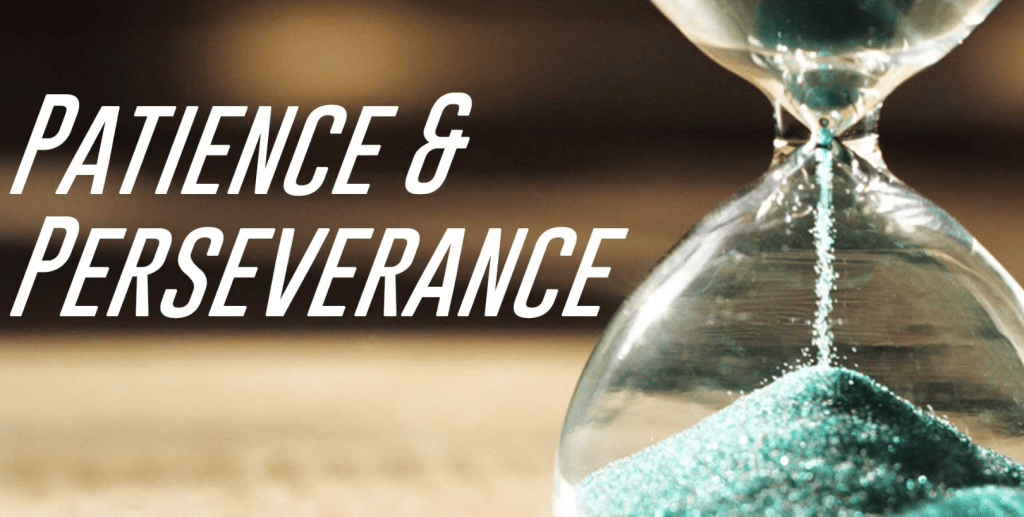Rejection, a universal experience, can be particularly daunting within relationships. This fear, rooted deeply in our desire for acceptance, can significantly impact our emotional well-being and approach to connections. Understanding and addressing this fear is crucial for the health of our relationships and our personal growth and happiness. This article explores strategies for dealing with the fear of rejection, offering insights and methods to help individuals navigate these emotional challenges, ultimately fostering healthier and more fulfilling relationships.
Contents
Understanding the Fear of Rejection

The fear of rejection in relationships is a multifaceted emotion, often stemming from deep-seated insecurities and past experiences. It’s a natural response to potential loss and disappointment, deeply ingrained in our psychological makeup. This fear can manifest in various forms, from hesitancy in approaching new relationships to sabotaging existing ones. It’s crucial to recognize that this fear is a common human experience shaped by evolutionary and social factors. Understanding its roots can be the first step toward addressing it.
The psychological impact of this fear can be profound. It affects how individuals perceive themselves and how they interact with others. People who fear rejection may exhibit various behaviors, such as excessive people-pleasing, avoidance of emotional intimacy, or hypersensitivity to criticism. Recognizing these patterns is essential in understanding one’s relationship with the fear of rejection, laying the groundwork for overcoming it.
Recognizing Signs of Fear in Yourself

Identifying personal signs of fear of rejection requires a deep level of self-awareness. Individuals might notice certain behaviors surfacing in their relationships, such as a tendency to avoid confrontation or a pattern of ending relationships prematurely to avoid potential rejection. These behaviors are often subconscious defense mechanisms designed to protect oneself from perceived emotional harm.
Self-awareness also involves acknowledging how past experiences shape current fears. Previous instances of rejection, whether in romantic relationships, friendships, or even familial bonds, can leave lasting impressions. These experiences contribute to developing a fear of rejection, influencing how one approaches future relationships. Recognizing and accepting these influences is a significant step towards addressing the fear.
Communication: Key to Overcoming Fear

Effective communication is a cornerstone in overcoming the fear of rejection. It involves not just talking but also listening and understanding. Openly discussing fears and insecurities with partners can alleviate misunderstandings and build trust. It’s about creating a safe space where vulnerabilities can be shared without the fear of judgment.
This process requires honesty and courage. It’s about expressing oneself authentically and inviting partners to do the same. Techniques such as active listening, empathy, and non-violent communication can greatly enhance the quality of these conversations. Through effective communication, individuals can work through their fears together, strengthening the relationship.
Building Self-Confidence

Building self-confidence is integral in combating the fear of rejection. Confidence stems from self-love and acceptance, recognizing one’s worth irrespective of others’ approval. It involves cultivating a positive self-image and focusing on personal strengths and achievements. Engaging in activities that boost self-esteem, such as hobbies, exercise, or professional accomplishments, can reinforce a positive self-perception.
Self-confidence also grows from challenging negative self-talk and replacing it with affirmations and positive thinking. This mental shift can significantly alter how one perceives and reacts to potential rejection. By building a strong sense of self, individuals can approach relationships with a healthier mindset, where rejection, if it occurs, is not a reflection of their self-worth.
Seeking Support from Others

Navigating the fear of rejection doesn’t have to be a solitary journey. Seeking support from friends, family, or professional counselors can provide valuable perspectives and coping mechanisms. Friends and family offer a comforting and understanding environment, helping to reinforce one’s sense of belonging and acceptance.
Professional help, such as therapy or counseling, can be particularly beneficial. Therapists provide a safe, neutral space to explore deep-seated fears and develop strategies to address them. They can also help identify relationship patterns that may contribute to the fear of rejection. Support groups, either in-person or online, also offer a community of individuals facing similar challenges, providing a sense of solidarity and shared learning.
Learning from Rejection

Rejection, albeit painful, can be a powerful learning experience. It offers insights into personal emotional needs and boundaries. Reflecting on past rejections can reveal patterns and choices that might contribute to recurring relationship issues. This introspection can lead to personal growth and better decision-making in future relationships.
It’s essential to approach rejection with a mindset of resilience and openness to learning. Instead of viewing it as a personal failure, it can be seen as an opportunity for self-discovery and growth. Developing resilience involves understanding rejection is not always about personal inadequacies but often about incompatibilities in needs, values, or life stages. Embracing this perspective helps in recovering from the hurt of rejection and moving forward with increased wisdom and strength.
The Role of Patience and Perseverance

Overcoming the fear of rejection is a gradual process that requires patience and perseverance. It’s about acknowledging that progress may be slow and setbacks are part of the journey. Patience allows individuals to work through their fears without undue pressure, understanding that change takes time and effort.
Perseverance is key in this journey. It involves staying committed to personal growth and not giving up when faced with challenges. Celebrating small victories, such as having an honest conversation or going on a date despite fear, can reinforce progress. By persistently working on oneself, the fear of rejection becomes more manageable, and individuals become better equipped to handle it.
Moving Forward: Embracing New Relationships

Applying the lessons learned from past experiences is crucial in embracing new relationships. It involves entering new connections with a fresh perspective, not burdened by the fears and insecurities of the past. This doesn’t mean forgetting past experiences but rather using them to inform better choices and behaviors in future relationships.
Keeping a positive outlook is vital. It’s about viewing new relationships as opportunities for joy and connection rather than potential sources of rejection. Embracing this optimism helps foster healthy and fulfilling relationships where fear does not dominate the dynamics.
The Bottom Line
The fear of rejection in relationships is a complex challenge but can be navigated and overcome. By understanding this fear, recognizing personal signs, communicating effectively, building self-confidence, seeking support, learning from rejection, practicing patience and perseverance, moving forward with optimism, setting realistic expectations, and embracing self-growth, individuals can develop healthier relationships and a stronger sense of self. The journey to overcoming the fear of rejection is not just about relationships; it’s about personal growth and finding a deep sense of fulfillment and happiness in life.


